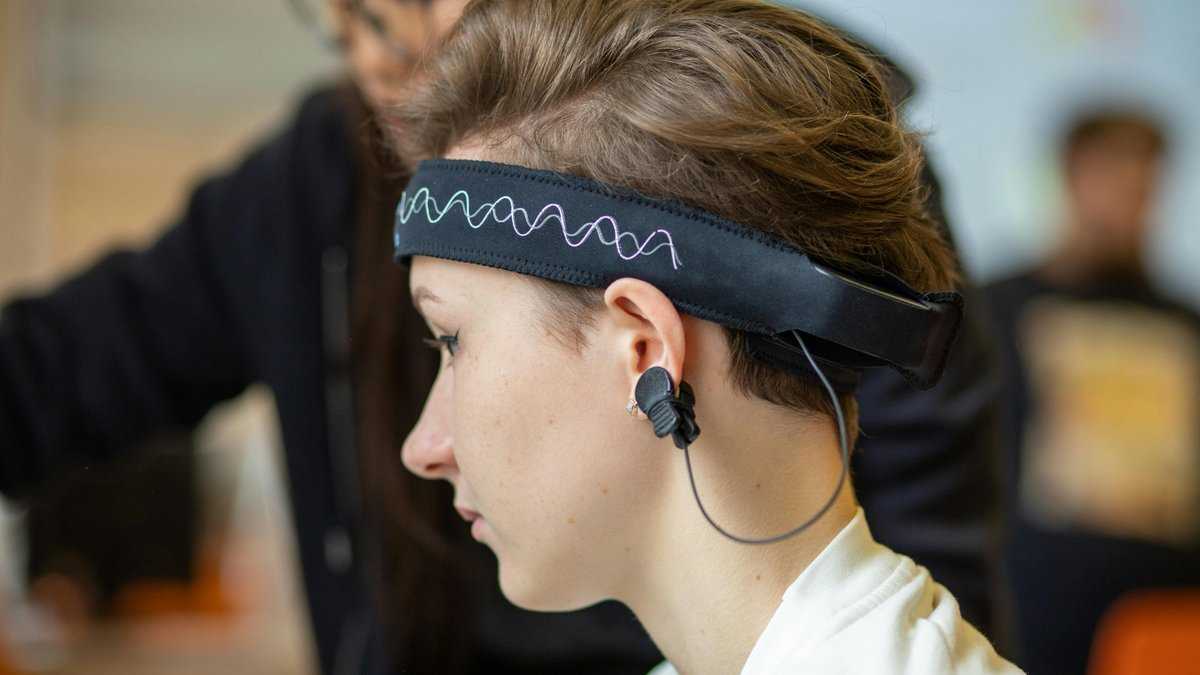Science
Traces of a Great Martian Lake: Did Life Once Thrive There?
12 February 2026

New research from MIT suggests that using ChatGPT may reduce brain activity, impair memory, and discourage independent thought. Participants in an experiment who used AI for writing remembered significantly less and showed lower cognitive engagement. This raises crucial questions about AI's impact on the brain.
ChatGPT can write, analyze, and suggest ideas. But does its assistance sometimes work against us? Researchers at MIT set out to investigate AI’s impact on the brain in the context of memory, concentration, and creativity. They conducted an experiment with 54 participants aged 18-39. They were divided into three groups: one used ChatGPT for writing, another used Google, and the third wrote independently. The results were surprising.
The group using AI achieved the lowest scores. EEG (electroencephalography), a method for recording brain activity, showed a significant decrease in neural engagement in this group, indicating an unfavorable effect on brain function.
“We observed a decrease in activity in the alpha and theta bands, which are responsible for memory and information processing. It looked as if the brain simply disengaged when AI took over,” explains study co-author Nataliya Kosmyna, as quoted by The Time.
Over time, participants relied on ChatGPT more and more. By the end of the study, many had virtually stopped writing independently, simply pasting AI-generated fragments. Their work became similar, predictable, and lacked depth. Two English teachers described them as “soulless.”
Read more: A New Opening of Science. The Struggle for Access to Knowledge Goes On
In the next phase, participants were asked to reproduce one of their previous works, this time without any tools. Those who had worked independently before performed very well. They remembered the content, were focused, and their brain activity increased, which contrasts with the findings for other participants.
“They couldn’t quote even a single sentence from their essay,” Kosmyna reported.
Conversely, individuals who first wrote independently and then used AI achieved the best results: their texts were more creative, better remembered, and their brain activity was highest. This suggests that artificial intelligence can support learning, provided it doesn’t become the primary performer.
Kosmyna decided to publish the study results even though they haven’t yet undergone full peer review.
“I’m concerned that someone might introduce ChatGPT into elementary schools without knowing the consequences. AI’s impact on the brain of children and adolescents could be particularly harmful,” warns the researcher.
This experiment is just one of many studies examining the influence of AI on the brain. Similar conclusions emerged from a Harvard report in May 2025. AI users are faster but less motivated. Other studies indicate that AI can also affect emotions and decision-making abilities.
The conclusions seem straightforward: ChatGPT isn’t inherently bad. The problem begins when we let it think for us. If we want to avoid negative effects on cognitive function, we should treat this technology as an aid – not a substitute for our own thinking.
AI’s impact on the brain can be beneficial or detrimental, depending on how it’s used. When utilized correctly, AI can act as an amplifier, boosting our capabilities instead of diminishing them.
Polish version: ChatGPT wyłącza mózg. Zamiast pomagać, tłumi myślenie